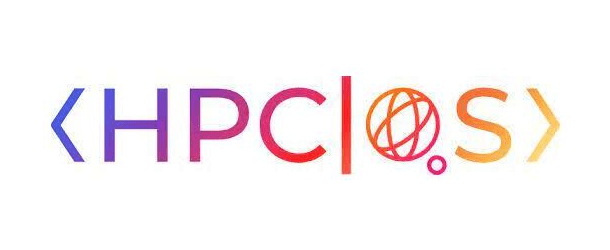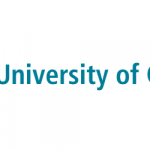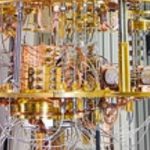EuroHPC JU Announces Two Quantum Computing Systems to Boost HPCQS

(HPCWire) HPCQS, the four-year pan-European hybrid HPC/quantum pilot project, aims to develop, deploy and coordinate a cloud-based European federated infrastructure, tightly integrating two quantum computers, each controlling 100+ qubits (quantum bits) in the Tier-0 HPC systems Joliot–Curie of GENCI, operated at CEA/TGCC, and the JUWELS modular supercomputer at the Jülich Supercomputing Centre (JSC). Supported by the European High-Performance Computing Joint Undertaking (EuroHPC JU) and six European countries (Austria, France, Germany, Ireland, Italy and Spain), and managed by JSC, HPCQS started in December 2021. IQT-News shares details below.
The seamless integration of quantum hardware with classical computing resources, creating a hybrid system, is an essential step forward to utilize the power of quantum computers for handling first practical applications. HPCQS will also create and provide a hardware-agnostic, comprehensive programming environment made in Europe for quantum computing and quantum HPC hybrid applications designed for end-users.
In order to reach these goals, GENCI and Forschungszentrum Jülich– with the support of the EuroHPC JU– have launched a joint procedure based on a PPI (Public Procurement of Innovative solutions) to acquire two quantum simulators capable of controlling at least 100 qubits. This PPI resulted with the choice of the Fresnel analog quantum simulator provided by PASQAL, a French startup. Relying on the technology of Neutral atoms arranged in 2D/3D arrays of optical tweezers and interacting in their Rydberg states. Each Fresnel will be coupled to a Tier-0 system and act as a quantum accelerator for specific workloads in optimization, quantum chemistry and machine learning.
The two Fresnel quantum simulators will be installed during the second half of 2023 at CEA/TGCC and FZJ/JSC. In the meantime, PASQAL will provide remote access to their inhouse Fresnel system in order to advance HPCQS activities toward the deployment of a full hybrid software stack including cloud access, resource management of hybrid workloads, tools and libraries, including benchmarking and certification/performance analysis. Engaging users in co-design will lead to prototype applications in machine learning and scientific simulations, featuring quantum algorithms to solve differential equations, material simulation, graph machine learning problems and optimization problems.
HPCQS is an open and evolutionary infrastructure that aims at expanding in the future by including a diversity of quantum computing platforms at different technology readiness levels and by allowing the integration of other European quantum nodes. The HPCQS infrastructure realizes, after the Jülich UNified Infrastructure for Quantum computing (JUNIQ), a second step towards a European Quantum Computing and Simulation Infrastructure (EuroQCS), as advocated for in the Strategic Research Agenda of the European Quantum Flagship.
Starting on 1st December 2021, the project HPCQS will run for 4 years with a total budget of €12 million. Half of the budget comes from Horizon 2020, the Research and Innovation funding program of the EU, while the other half will come from the EuroHPC JU participating countries.
The project has been selected following the call for proposals EuroHPC-2020-01-b.
Sandra K. Helsel, Ph.D. has been researching and reporting on frontier technologies since 1990. She has her Ph.D. from the University of Arizona.



















